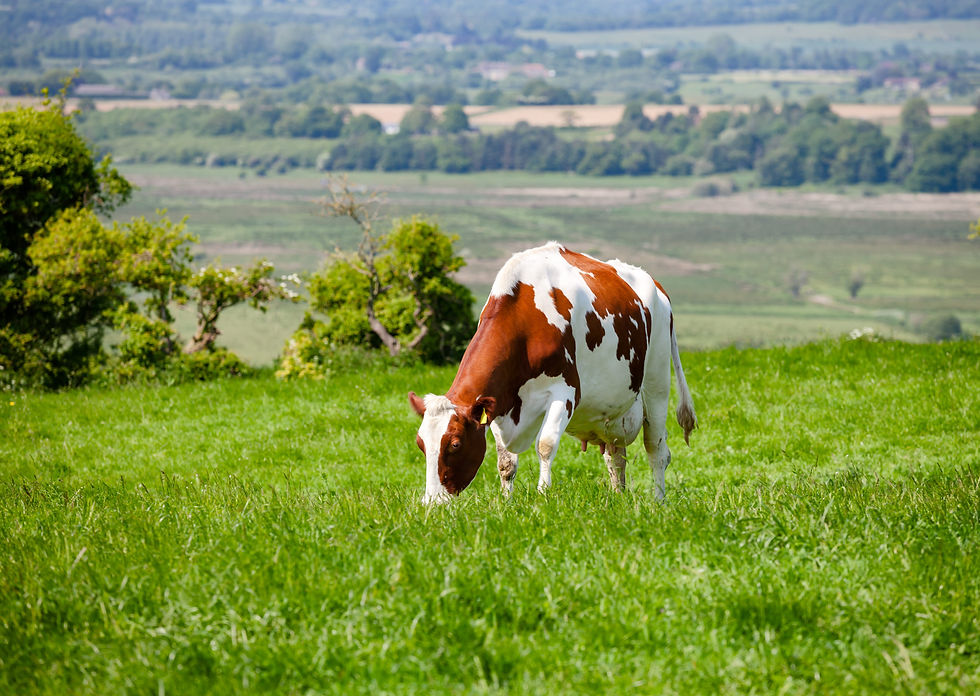Clean Colostrum or a Bacterial Broth
- ACT Ltd.

- Sep 6, 2019
- 2 min read
Recipe for broth!

Milk freshly calved cow into unwashed dump bucket, don’t clean the teats or udder. Don’t cool down after milking. Leave in sunlight and add a few flies for extra flavour. Seasonally at its best between May and September. Serve lukewarm.
With ambient temperatures exceeding 20°C take extra care with milk hygiene. Baby calves have poor immunity to pathogens, the last thing you want to feed a calf is bacterial soup for dinner! If colostrum isn’t fed immediately, it can be frozen for future use in specialised bags.
Tests show 50% of colostrum contains more than 100,000 bacteria per ml. Some samples have 3 million or more! Contamination interrupts the passage of antibodies across the gut membrane so it’s important to keep it super clean and feed quickly. Some herdsmen leave colostrum standing in the dump bucket after milking, and robots are notoriously difficult to manage. It’s really important to clean and sterilise dump buckets, and if there is no means of cooling and freezing the colostrum immediately then add a powdered preservative such as Preserver by Pyon Products to limit the multiplication of coliforms and other pathogens for 24 hrs.
Those feeding whole ad lib milk will notice a shorter shelf life in hot weather. Freezing a few ice blocks in a deep freeze and plunging these into the bulk supply will bring down the temperature and the addition of Preserver will halt bacterial growth for up to 24 hours, so the milk can be kept hygienic until it is consumed. The cost for Preserver is 1.5p/litre in use, cheap and effective. A 10kg tub makes 2500 litres.
Stored milk will often separate over time. This can be prevented by regular stirring. The Milkwave Agitator can be programmed to stir for a few minutes at pre-set times to keep it in suspension. Using electro-magnetic technology, it requires no maintenance. Includes a 100L milk tank.
Additional benefits of feeding acidified milk
Using a preservative to drop the pH of whole milk can have a beneficial effect on digestion. There is evidence that harmful bacteria such as E.coli are inhibited while the growth of beneficial bacteria like Lactobacillus are encouraged during partial acidification. The same applies to ‘long life’ milk replacers which offer more stability in warm weather. Calves fed on partially acidified milk stay healthier and have less bouts of scour and pneumonia.
All Pyon products are available through ACT Wessex - please call 01425 474455 for more details or email sales@wessexanimalhealth.co.uk
Information kindly supplied by






Comments